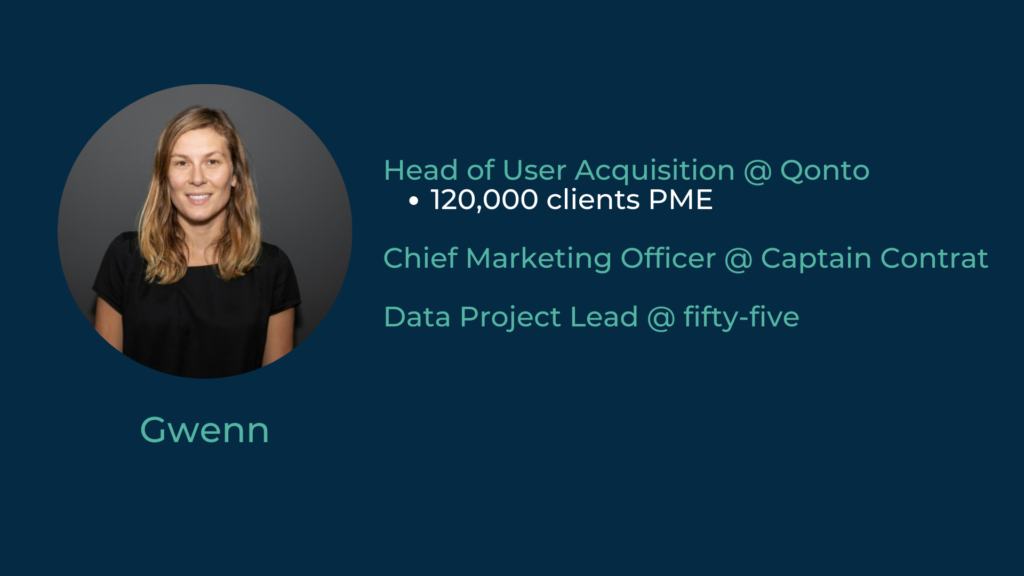Search Engine Optimization
Gwenn

Head of User Acquisition
Qonto
What is SEO?
What to choose between the report and the dashboard?
Which tools to optimise your SEO?
What is SEO?
Search Engine Optimization (SEO), refers to the techniques used to improve a website’s ranking in search engine results, thereby increasing incoming traffic and revenue.
SEO is based on keyword research, the content and structure of your site, external links to your domain, and many other parameters.
SEO is a technique used in the inbound marketing strategies of companies. As a reminder inbound marketing is about generating traffic, leads and customers through a content creation strategy.
There are two choices for one’s SEO strategy: the “long tail” or the “short tail”. The long tail is a technique for generating high-value organic traffic to the website. Long tail searches are very specific, non-generic searches, which have a higher conversion rate, but lower visibility than short tail words. These are search terms consisting of three or more words.

What to choose between the report and the dashboard?
Optimising your SEO is based on four main pillars:
- Technical onsite: This first pillar concerns the architecture of your site. It takes into account the captions and description of the images on your site, the activation of the browser’s cache, the addition of internal links, the creation of meta titles, the securing of the website’s pages and the improvement of the page loading time thanks to a Javascript script placed at the end of the HTML code.
- On-site semantics: The second pillar concerns the creation of unique, attractive and relevant content for your Personae. The texts present on your website must be of high quality, with a semantic richness that corresponds to the keywords searched by the user.
- Rank brain: This third pillar evaluates your ability to make your visitors interact with your site. It is therefore necessary to set up an adapted UX, especially for mobile.
- Off-site: Finally, the natural referencing of your website also depends on the activity of your site and the presence of your URL on other trusted websites. Therefore, establish partnerships and try to appear in publications related to your theme. For example, if you are listed in a blog that generates a lot of traffic, your ranking on Google will be improved!
Which tools to optimise your SEO?
Gwenn recommends some articles to start working on your SEO:
- Search Console: Helps you understand how crawlers analyse your site. Also helps optimise your site and detect indexing problems
- SEM Rush: tracks your ranking and that of your competitors and helps to find new keyword ideas
- Ahref: Analyses your keywords, backlinks and content. Performs an audit of your site and tracks your search engine positioning
- Majestic SEO : Identifies the number of links that redirect to your site, the number of referring domains and the quality of each of these links
- UberSuggest: Generates a list of different related keywords from a single query based on Google’s auto-suggestion

I custom my training program
I work in Human Relations or in Training Management
I want to train my teams !
I work in marketing, tech or sales
I want to train my teams !
I am an employee or self-employed
I want to train myself !